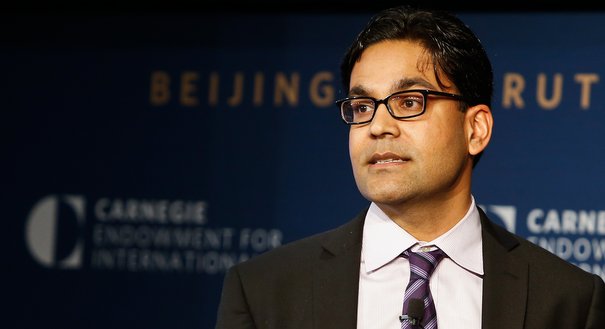Registration
You will receive an email confirming your registration.
In democracies stretching from Brazil to Nigeria, criminals routinely thrive at the ballot box. In India, the world’s largest democracy, as many as a third of elected politicians are under criminal indictment. The nexus between crime and politics raises complex questions: How can free and fair elections coexist with rampant criminality? Why do political parties actively recruit candidates with reputations for wrongdoing? And why do voters elect—and often reelect—them?
In a groundbreaking book, When Crime Pays: Money and Muscle in Indian Politics, Milan Vaishnav takes readers deep into the marketplace for criminal politicians. Drawing on fieldwork from the campaign trail, large surveys, and unprecedented data on politicians’ criminal records, Vaishnav discussed his findings on the inner-workings of democracy’s underbelly. Carnegie President William J. Burns introduced the discussion. The Washington Post’s Ishaan Tharoor moderated. A cocktail reception and book signing followed.
William J. Burns
William J. Burns is president of the Carnegie Endowment for International Peace. He previously served as U.S. deputy secretary of state.
Milan Vaishnav
Milan Vaishnav is a senior fellow in the South Asia Program at the Carnegie Endowment for International Peace, where his primary research focus is the political economy of India.
Ishaan Tharoor
Ishaan Tharoor writes about foreign affairs for the Washington Post and is the author of Today’s Worldview, a new daily column on global politics. He previously was a senior editor and writer at Time.
